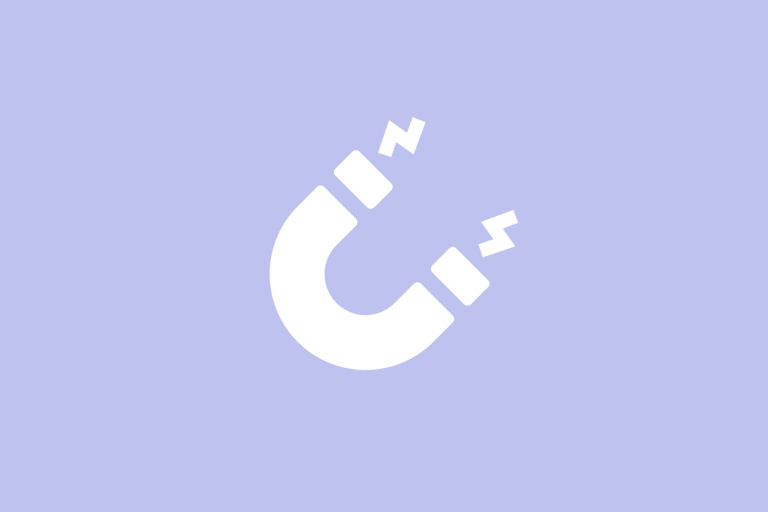Canonical tags play a crucial role in SEO by addressing the issue of duplicate content. Duplicate content can arise on a website for various reasons, such as when the same content is accessible through multiple URLs. This can confuse search engines and impact the ranking of individual pages.
Here's how canonical tags contribute to the SEO process, specifically in terms of crawling and indexing duplicate content:
Definition of Canonical Tags:
A canonical tag is an HTML element placed in the <head> section of a webpage. It informs search engines about the preferred or canonical version of a page when multiple versions with similar content exist.Preventing Duplicate Content Issues:
Canonical tags are used to prevent duplicate content issues by specifying the preferred URL for indexing purposes. This helps search engines understand which version of the content should be considered the primary one.Consolidating Link Signals:
When duplicate content exists, links and other signals may be distributed across multiple versions of the same page. The canonical tag consolidates these signals by directing search engines to attribute them to the canonical version, thereby concentrating the SEO value.Crawling Efficiency:
Canonical tags can improve the efficiency of the crawling process by guiding search engine bots to focus on the preferred version of a page. This prevents unnecessary crawling of duplicate content, allowing crawlers to allocate resources more effectively.Preventing Fragmentation of Ranking Signals:
Without canonical tags, search engines might treat duplicate content as separate entities, potentially fragmenting ranking signals. Canonicalization helps in consolidating these signals, ensuring that the preferred version receives the full benefit of SEO efforts.Enhancing User Experience:
Canonicalization contributes to a better user experience by ensuring that search engine results display the most relevant and authoritative version of a page. This reduces the likelihood of users encountering duplicate content in search results.Cross-Domain Canonicalization:
Canonical tags can also be used for cross-domain canonicalization. This is useful when the same content is accessible through multiple domains. In such cases, specifying the canonical URL helps prevent dilution of SEO authority across domains.Handling Parameterized URLs:
Websites often use parameters in URLs to serve different versions of the same content (e.g., sorting options, pagination). Canonical tags can be employed to consolidate these variations into a single canonical URL.In summary, canonical tags play a key role in SEO by addressing the challenges associated with duplicate content. They guide search engines in understanding the preferred version of a page, improving crawling efficiency, and consolidating ranking signals to enhance the overall performance of a website in search results.







